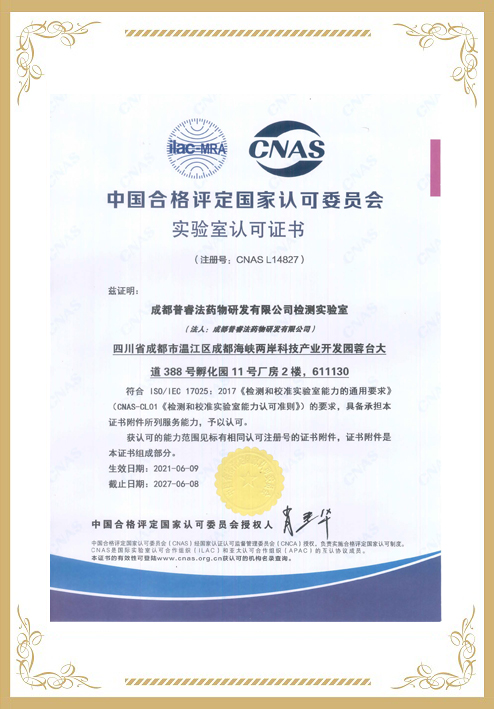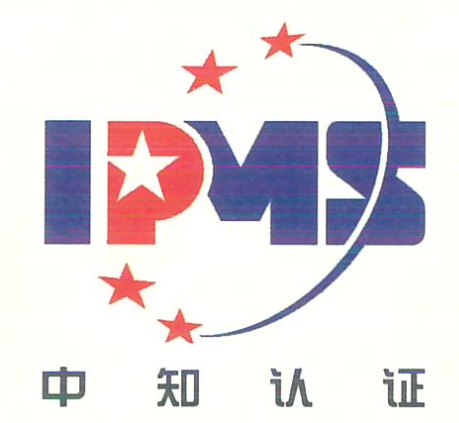Urban dust contributes to air pollution, leading to allergies and airway inflammation. Herbal plants, such as Oroxylum indicum (Phe Kaa), are increasingly being explored for their immunomodulatory potential. This study investigated the chemical composition and anti-inflammatory properties of O. indicum, with a focus on the impact of traditional Thai grilling methods on flavonoid content. High-performance liquid chromatography (HPLC) was used to analyze flavonoid glycosides and aglycones. The HPLC analysis revealed increased levels of aglycone flavonoids (oroxylin A, chrysin, baicalein) in grilled fruits, with the highest total flavonoid content found in the seeds. Anti-inflammatory effects were assessed through nitric oxide (NO) inhibition, cell viability assays, and the expression of inflammatory genes in RAW 264.7 macrophages stimulated with lipopolysaccharide (LPS) and urban dust. O. indicum extracts, particularly from grilled fruits, demonstrated dose-dependent NO inhibition and significantly reduced inflammatory gene expression, including inducible nitric oxide synthase (iNOS), cyclooxygenase-2 (COX-2), interleukin-1β (IL-1β), interleukin-6 (IL-6), tumor necrosis factor-α (TNF-α), and 5-lipoxygenase (5-LOX). These findings suggest that O. indicum, especially its grilled fruits, may serve as a promising anti-inflammatory supplement for managing chronic inflammation and pollution-induced respiratory issues. However, further in vivo studies are recommended to confirm these findings.























